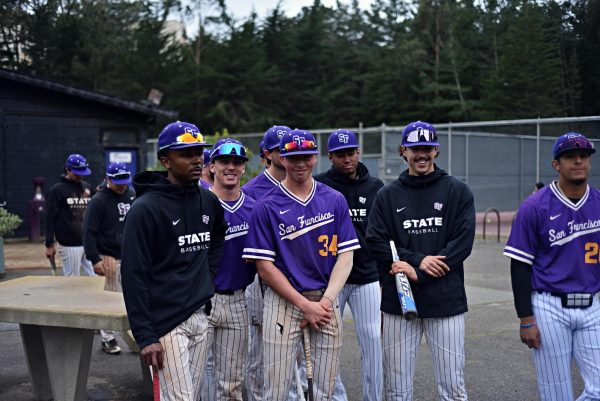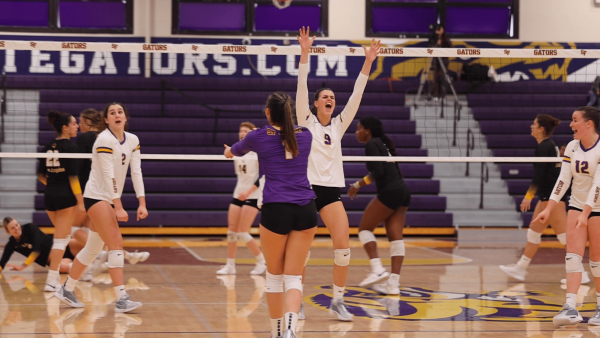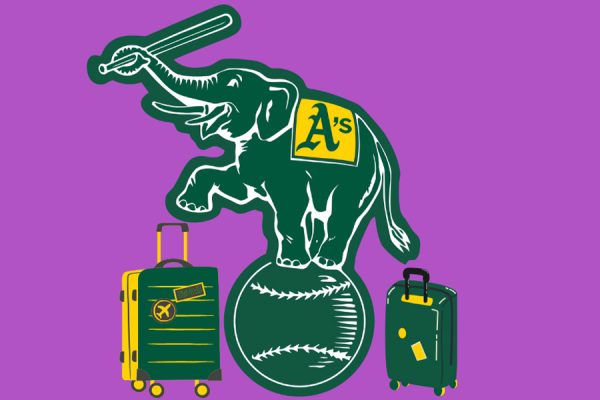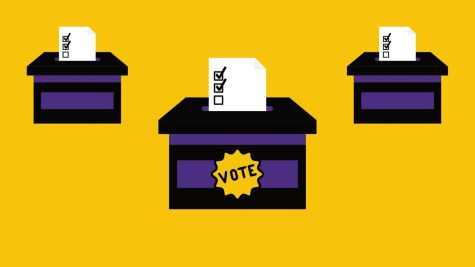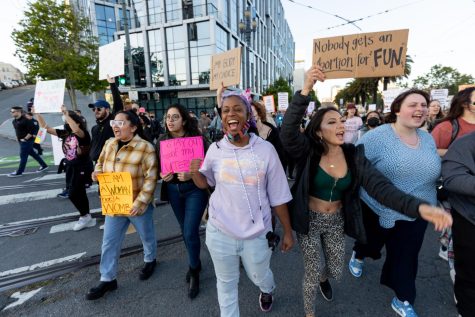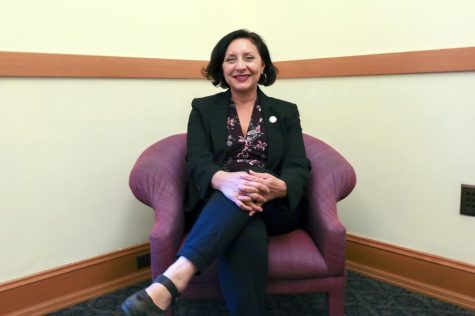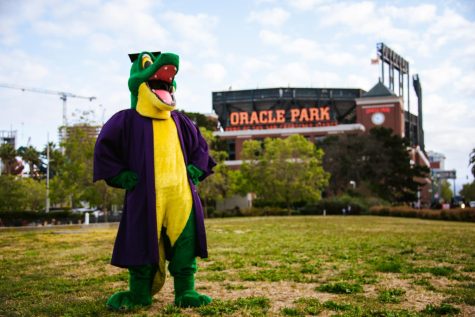California proposition results favor corporate funded legislation, voting rights for parolees
November 4, 2020
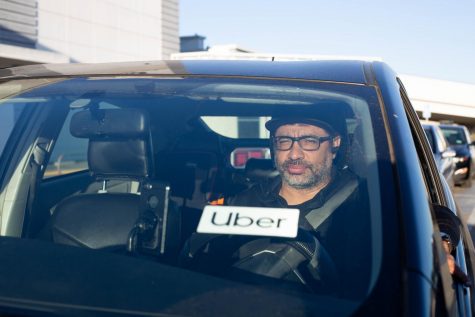
With 100% of precincts partially reporting, results surrounding the California state-wide ballot measures are becoming more definitive.
California voters chose to restore voting rights to over 57,000 formerly incarcerated individuals, and voted to categorize app-based drivers as contract workers rather than employees.
Proposition 17 restores the right to vote for people who have finished their prison sentences for felony convictions and remain on parole. At time of print, the Associated Press counted 59% of the votes (6,817,288) in favor of the proposition, while 41% (4,734,139) rejected it.
Proposition 22 creates an exemption for 2019 AB-5, which categorized gig workers as employees if their employers cannot prove each facet of a three-part test, but only for app-based drivers such as Uber, Lyft and DoorDash.
These corporations contributed a great deal of what is now a record for the most funds to a legislative campaign, totalling $202 million. Associated Press has counted 58.4% of voters in favor of Proposition 22 (6,720,259) and 41.6% (4,780,264) at the time of print.
Proponents of Proposition 16 were also met with disappointment after the proposition, which would have affirmative action in the state, was rejected by voters.
Affirmative action is legislation that allows public employment, public education and public contracting to take sex, color, ethnicity and national origin into account when selecting applicants for hirings and admissions.
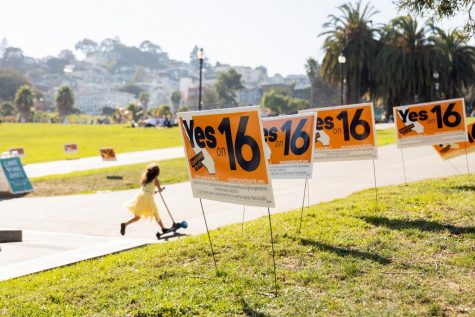
The Supreme Court deemed racial quotas unconstitutional in 1978, and affirmative action was barred by the state through Proposition 209 in 1996. Fifty-six percent of the population voted to reject the measure and 44% voted to pass it, according to Associated Press.
Proposition 21, which would have created a form of rent control in the state, was rejected a second time, the first being in 2018.
Rent control in California has been a widely contested subject of interest – 56 of 58 California counties rejected rent control in 2018. However, 2018 polling revealed Californians were mostly in favor of rent control, but rejected the specifics of the former proposition.
This time around, the Associated Press counted 59.8% of voters opposed to the measure (6,841,938) and 40.2% supporting it (4,593,363).
California voters not to add restrictions on parole eligibility. Proposition 20 was rejected with 62.3% of votes (7,212,630), compared to 37.7% of voters (4,357,711) who sought to enact the proposition, which would create a parole review board which will take peoples’ family ties, mental health and attitude towards the crime into consideration.
Proposition 25 replaces the cash bail system with a risk assessment that categorizes criminal suspects into three categories: low, medium and high risk. Opponents of Proposition 25 state that the automated risk assessment will exacerbate racial bias within the judicial system. Californians opted to keep the system as is with 55.4% voting “No” (6,388,007).
Another hotly contested legislation, Proposition 18, would’ve provided 17 year-olds who will turn 18 between the presidential primaries and the general election the right to vote in the primaries.
Proponents of Proposition 18 claim that younger folks are becoming more politically involved, and therefore should be allowed to participate in elections that directly affect them. California residents voted 44.9% “Yes” to give 17-year-old the right to vote and 55.1% No (6,523,877); However, there is no clear outcome for the results of this proposition at the time of publication.






